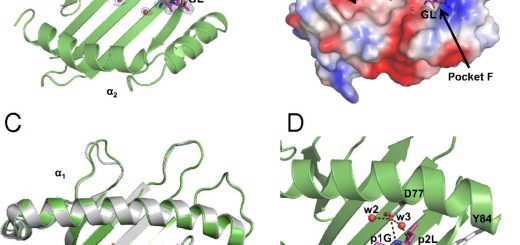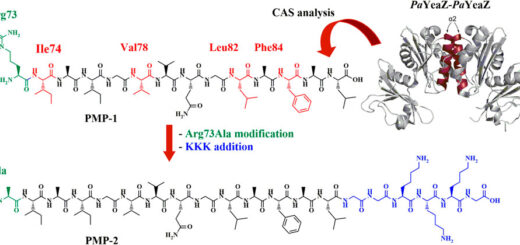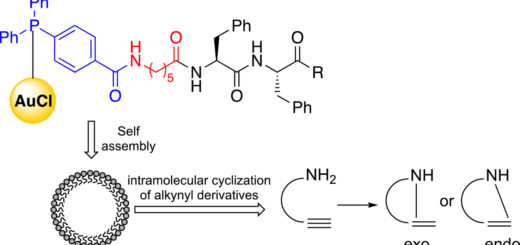Tuning antiviral CD8 T-cell response via proline-altered peptide ligand vaccination

Viral escape from CD8+ cytotoxic T lymphocyte responses correlates with disease progression and represents a significant challenge for vaccination. Here, we demonstrate that CD8+ T cell recognition of the naturally occurring MHC-I-restricted LCMV-associated immune escape variant Y4F is restored following vaccination with a proline-altered peptide ligand (APL). The APL increases MHC/peptide (pMHC) complex stability, rigidifies the peptide and facilitates T cell receptor (TCR) recognition through reduced entropy costs. Structural analyses of pMHC complexes before and after TCR binding, combined with biophysical analyses, revealed that although the TCR binds similarly to all complexes, the p3P modification alters the conformations of a very limited amount of specific MHC and peptide residues, facilitating efficient TCR recognition. This approach can be easily introduced in peptides restricted to other MHC alleles, and can be combined with currently available and future vaccination protocols in order to prevent viral immune escape.
Author Summary Viral escape mutagenesis correlates often with disease progression and represents a major hurdle for vaccination-based therapies. Here, we have designed and developed a novel generation of altered epitopes that re-establish and enhance significantly CD8+ T cell recognition of a naturally occurring viral immune escape variant. Biophysical and structural analyses provide a clear understanding of the molecular mechanisms underlying this reestablished recognition. We believe that this approach can be implemented to currently available or novel vaccination approaches to efficiently restore T cell recognition of virus escape variants to control disease progression.
https://doi.org/10.1371/journal.ppat.1008244









comments